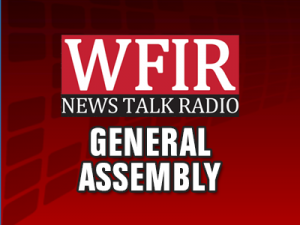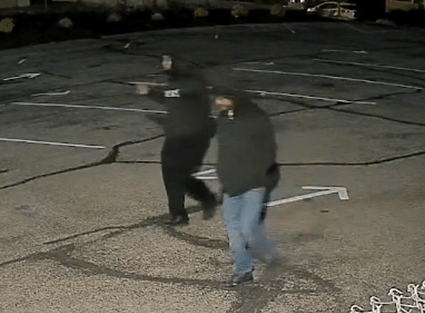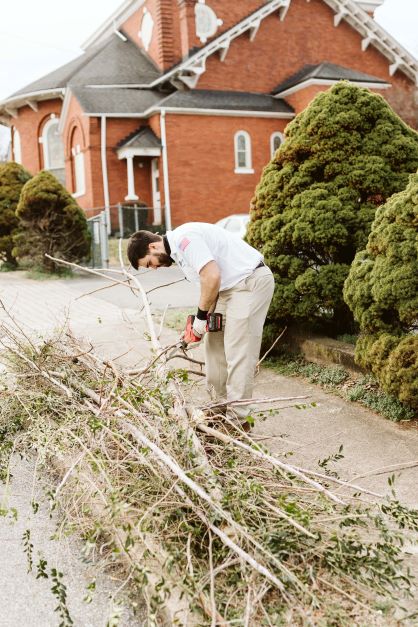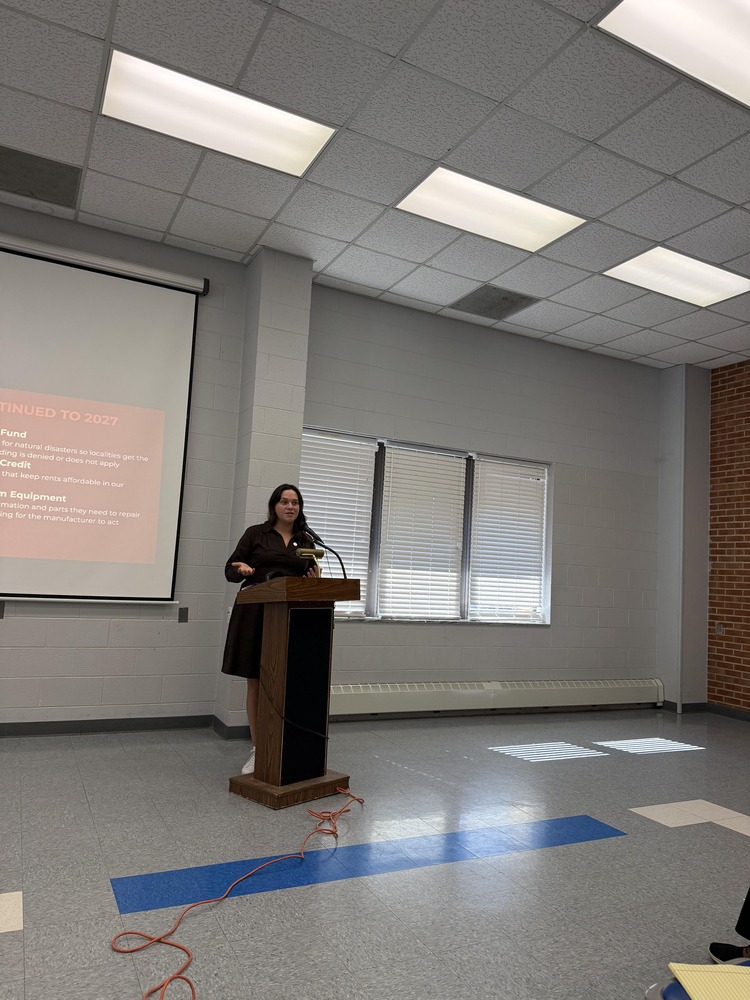The budget now goes to Gov. Ralph Northam, who can propose changes before it is finalized. Friday’s budget vote marked the unofficial end of a special legislative session unlike any the General Assembly has seen in its more than 400-year history. The virus upended the regular course of business. The House of Delegates met remotely, often with technical problems. The Senate abandoned the Capitol for a large conference room nearby.
What was initially to be a short session focused on the revenues and spending affected by the virus instead went on for two months and expanded to include police reform and other issues after the death of George Floyd at the hands of Minneapolis police. Major new criminal justice reform bills passed, including a ban on no-knock search warrants, legislation that enables localities to establish civilian review boards with subpoena power and disciplinary authority, and changes that make it easier to decertify officers who commit misconduct.
On Friday, lawmakers gave final approval to a bill to establish community care teams around the state to respond to emergency calls involving people with mental health issues. The teams would be led by mental health providers, with police as backup support. The legislation is named after Marcus-David Peters, a teacher who was fatally shot after he charged at a Richmond police officer during a mental health crisis in 2018.
“This is a bill that’s going to save people’s lives, I have no doubt,” said Sen. Jeremy McPike, a Democrat.
Lawmakers also approved legislation that will end the practice of juries handing down sentences in criminal cases, turning that responsibility over to judges. Virginia is currently one of only six states that allows juries to sentence defendants.
As for the budget, lawmakers took much longer in passing a spending plan than initially anticipated. Part of the problem was a fight over whether to include budget language that would allow the implementation of a new redistricting commission if voters approved a constitutional amendment this Election Day. The proposed commission has divided Democrats. The final compromise include letting Northam send down a budget amendment with the language after the election if the referendum passes.
“Though it has take a number of weeks to get here, this is still a great budget for the people of the commonwealth,” said Sen. Janet Howell, chairwoman of the Senate Finance and Appropriations Committee.
The state has weathered the pandemic without need of painful cuts, but lawmakers have had to put off much new spending on things like teacher raises, a free community college program, and other priorities they approved earlier this year just before the pandemic hit.
The Northam administration announced in August that it was projecting $2.7 billion in lost revenues over the next two years because of the pandemic.
Virginia is relatively well off compared to other states, thanks largely to heavy federal defense spending. Lawmakers also had a little bit more money to spend than what Northam initially suggested, thanks to new savings and revenues. That includes higher-than-expected profits at the state-owned liquor stores during the pandemic.
Here’s a look at notable measures in the budget, which still needs the governor’s approval.
PUBLIC SECTOR PAY
Increasing pay for state employees and teachers has been a priority for the Democratic-led legislature, but the hit from the coronavirus has prevented them from going through with raises they approved earlier this year.
In this new budget, lawmakers approved $1,500 bonuses for state employees next September contingent on revenue projections holding steady. The budget also includes language directing the governor to include raises for teachers in next year’s budget proposal if extra funds are available.
Lawmakers did find nearly $11 million to give law enforcement personnel a $500 bonus in December.
MORATORIUMS
The legislation imposes moratoriums on evictions through the end of the year and puts new limits on evictions starting next year. A moratorium on utility disconnections also has been extended and requires Dominion Energy to forgive $127 million of customer debt.
LEE STATUE
Also included is a provision dealing with the planned storage and removal of the historic Robert E. Lee statue in Richmond.
Northam announced in June that the state-owned statue of the Confederate general would come down, but multiple lawsuits have tied up his plans in court. Lawmakers agreed to a budget amendment that says it repeals an 1889 Joint Resolution of the General Assembly that plaintiffs in an ongoing lawsuit rely on in arguing that Northam doesn’t have the authority to remove the statue. A trial is set for Monday.

 RICHMOND, Va. (AP) — Virginia lawmakers all but wrapped up a special legislative session Friday by approving a new state budget that gives bonuses to police, pays for a host of new criminal justice reforms, and extends moratoriums on evictions and utility shutoffs during the coronavirus pandemic.
RICHMOND, Va. (AP) — Virginia lawmakers all but wrapped up a special legislative session Friday by approving a new state budget that gives bonuses to police, pays for a host of new criminal justice reforms, and extends moratoriums on evictions and utility shutoffs during the coronavirus pandemic.

